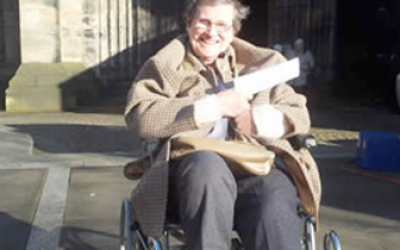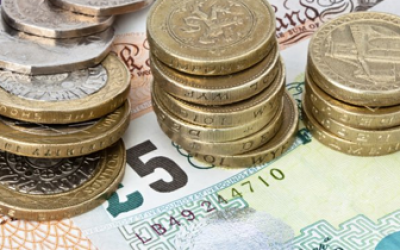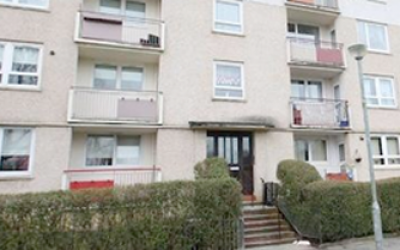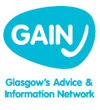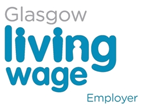Banks
Banks can seem like intimidating places but that doesn’t mean you can’t use them. Find out more about the function of banks, services they provide.
What is a bank?
Banks are financial institutions designed to provide a place for customers to store money safely. Banks also deal in borrowing and lending money to other businesses and customers. In return for using your money, banks pay you interest. How much interest you earn will depend on what type of account you have, how much money you’ve got in the account and how long it stays in your account. Banks are able to make profits as they charge more in interest than they pay to savers.
Services banks provide:
Banks offer a range of services and different types of accounts for their customers.
Basic Accounts
Savings Accounts
Internet Banking
Phone Banking
Cards
Loans
How to open an account
In order to open an account banks need to see proof of who you are and where you live.
The list of acceptable identification are:
List of ID required to open a bank
Who you are
Current signed passport
Birth certificate (under 16)
Young Scot Card (under 25)
Provisional driving license
Current UK photo card driving license (or full paper version)
Residents permit from the home office to EU national along with their own passport
Where you live
Council tax bill (valid for the current year)
Current UK photo card driving licence (or full paper version)
Bank or building society statement containing current address (dated within 3 months)
Confirmation you are on the electoral register (banks can do this automatically) (over 18)
Recent utility bill or certificate from the company saying that you pay for the services on ‘pre-payment- terms.
Original award letter from the Job centre plus confirming your rights to benefits
Parent/Guardian utility bill with letter from parent/guardian


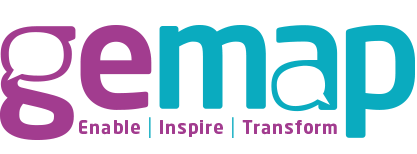

 Emergency Exit
Emergency Exit
